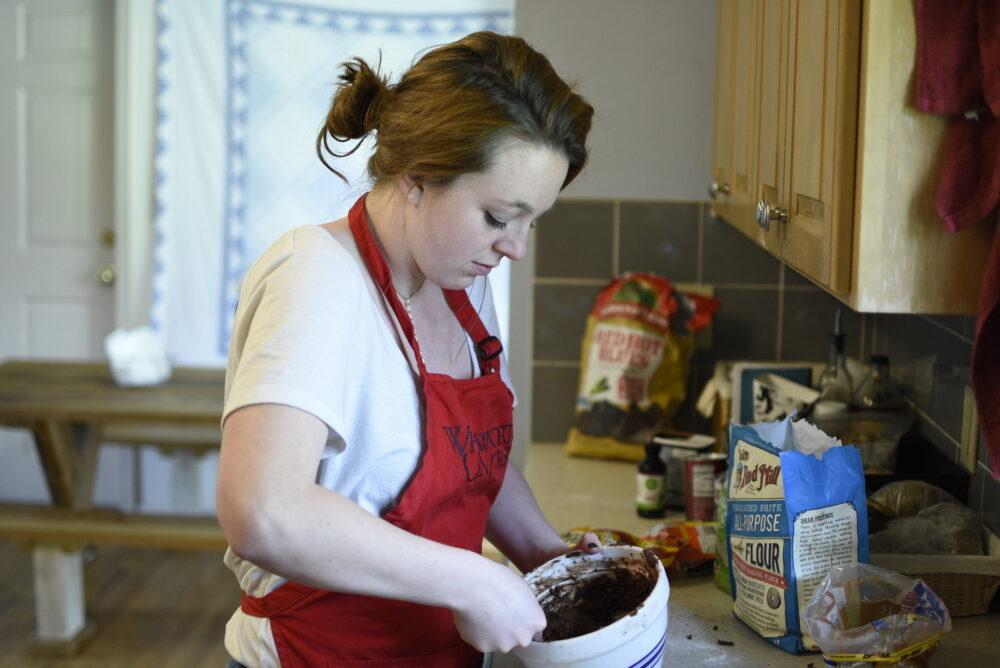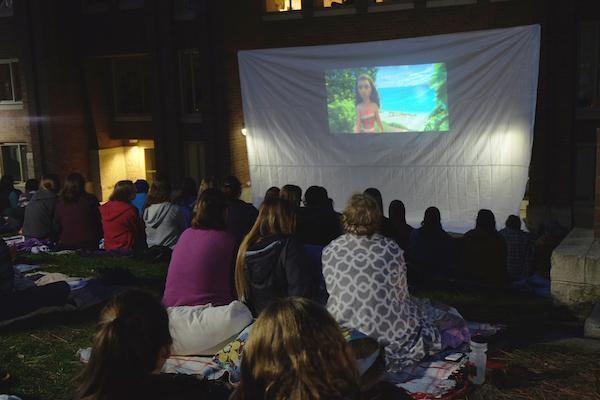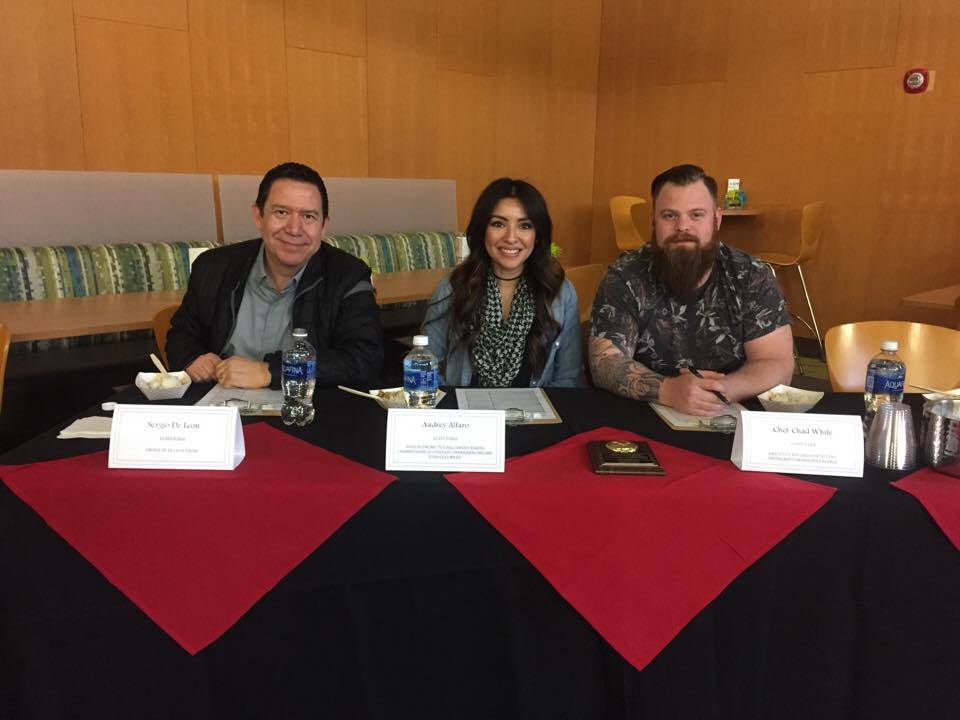Photographer Matika Wilbur will share stories of native people living on reservations Nov. 9

Matika Wilbur will come to Whitworth to share the often unseen and unheard narrative of the 562 and counting Native American tribes from a modern perspective today, Wednesday, Nov. 9.
Wilbur, who hails from both the Swinomish and Tulalip tribes in Washington, is a photographer and documentarian who is welcomed in over 562 tribes in an effort to capture the real lives and cultures of the indigenous people in America through her documentary “Project 562.”
The presentation in the Robinson Teaching Theatre at 7 p.m. hopes to challenge the dominant narrative that is present in 21st century American society by showing photographs from each tribe and telling the story of the people living on reservations.
“It’s a reconceptualization of the image of the native person—it counters most of what we’ve seen in mainstream media outlets,” said David Garcia, the assistant dean of student diversity, equity and inclusion.
Cultural events coordinator senior Camina Hirota discovered Wilbur at the national conference of race and ethnicity in American education. Wilbur’s visit has been in the works since May.
“Her passion is to debunk all of the negative stereotypes about Native Americans: that they’re lazy, they’re drunks, alcoholics—all of these negative things,” Hirota said. “She fights to prove them wrong.”
November is dedicated to discovering and celebrating the culture of this country’s indigenous population and their contributions to American society, according to the Native American Heritage’s official website.
Native American Heritage month also strives to help people recognize the struggles Native Americans have faced as a result of the country’s establishment and growth.
“Something that a lot of people don’t realize when they come to Whitworth is that we are on Native American ground, and we take that for granted,” Hirota said. “We ignore the ugly truth behind that,” Hirota said.
This lecture will provide students an opportunity to gain insight on the lives of Native Americans from across the nation and how those life narratives may impact their own view of these tribes.
“Her work helps people who have not had as much contact with native peoples to re-conceptualize what they see on TV or other media outlets, but it is also a preservation of the beauty and the pain that natives have experienced as a people,” Garcia said.
“Project 562’s” website states that it strives to become the platform through which stereotypes and misrepresentations of the Native American narrative are remedied through her work.
The website states that the project undertaken by Wilbur “aims to humanize the otherwise ‘vanishing race’ and share the stories that our people would like told.”
The lecture is based around photographs and stories gathered by Wilbur on her journey across the country, weaving together a tapestry of information pertaining to the preservation and celebration of the hundreds of tribal cultures in the United States.
Wilbur will also address the national crisis that has thrown communities in North and South Dakota into turmoil over the placement of an oil pipeline that runs through sacred native grounds and threatens tribal drinking water sources, Garcia said.
For students interested in challenging their own views toward Native American culture, this lecture provides a starting point, even for international students such as freshman Alejandra Gomez who studies international relations.
“In my country, you don’t see speakers like her—indigenous people are not in the public view, sharing their stories like she is,” Gomez said. “They are not in our mainstream schools, so there is no native perspective to see and have challenged.”
Wilbur’s presentation bridges the gap present in American society in native representation and mainstream media.
“I would hope that the Whitworth community would think, as a result of listening to what she’s talking about or seeing her images, of how they can make meaning of her message and how they will use that experience moving forward in their lives,” Garcia said.
gcroce20@my.whitworth.edu














 Spokane?
Spokane?